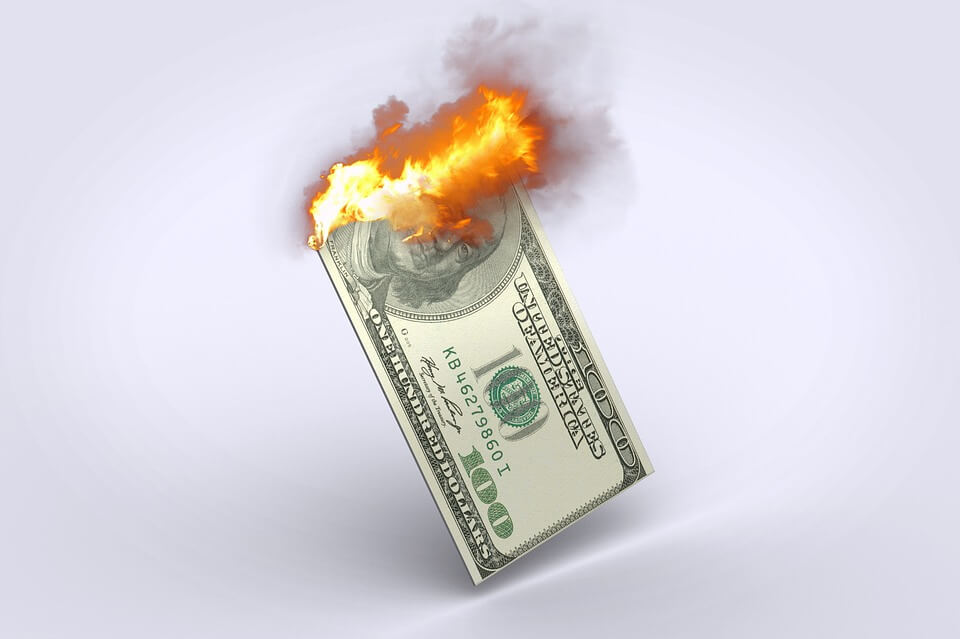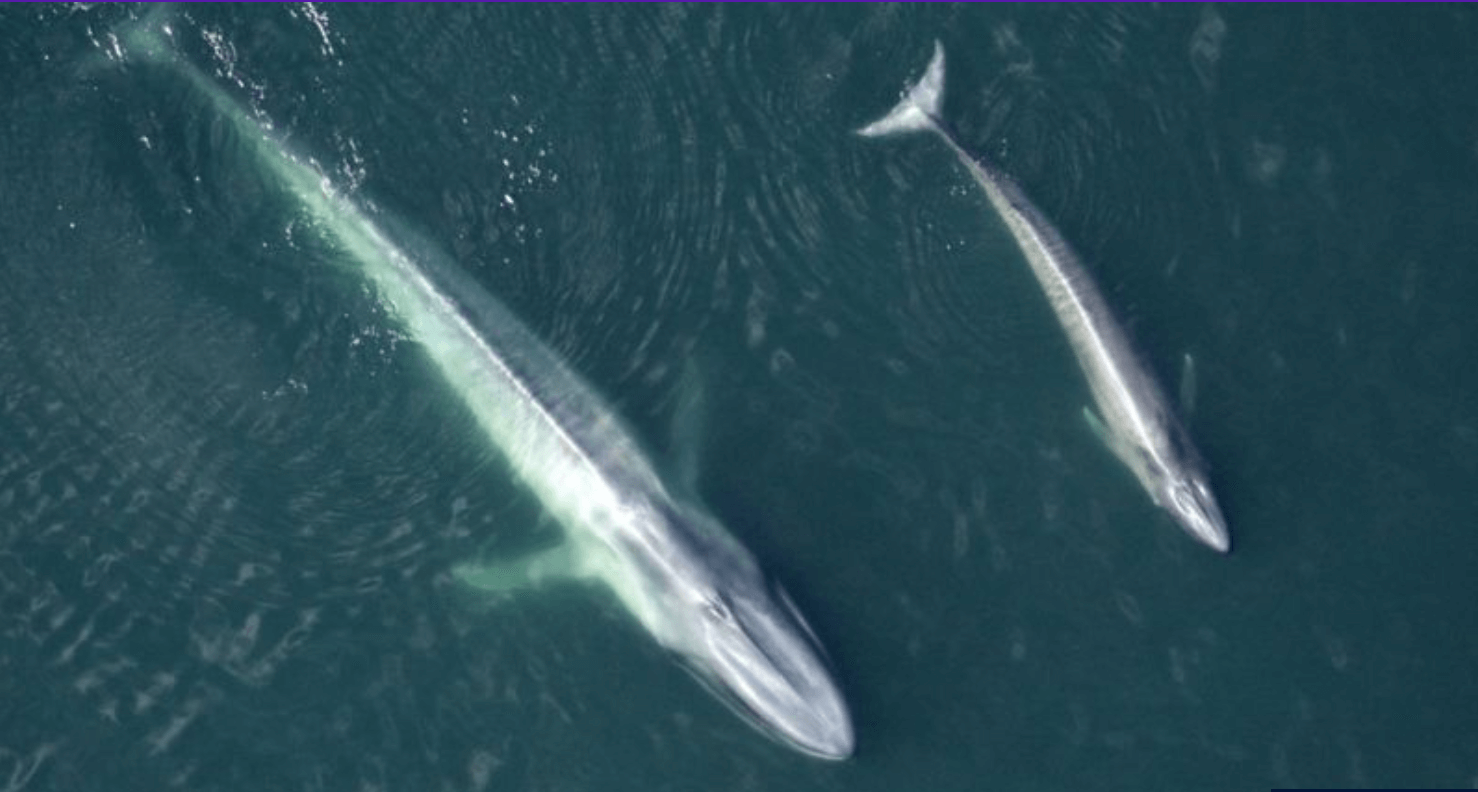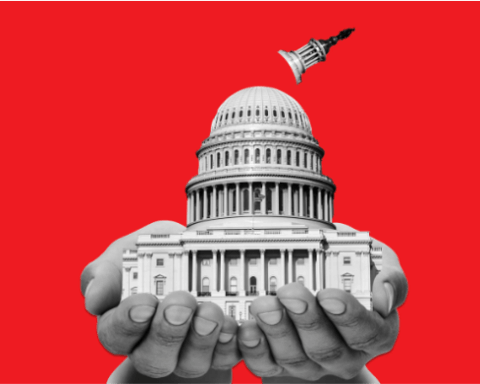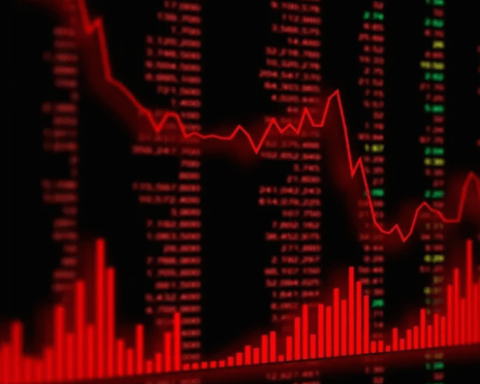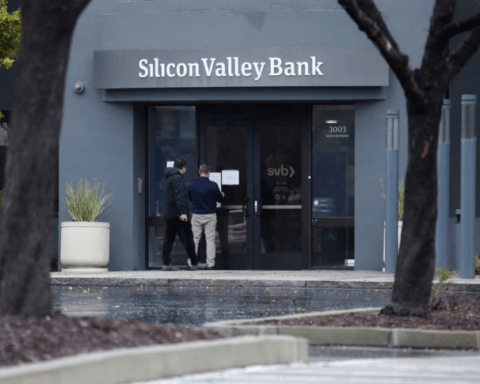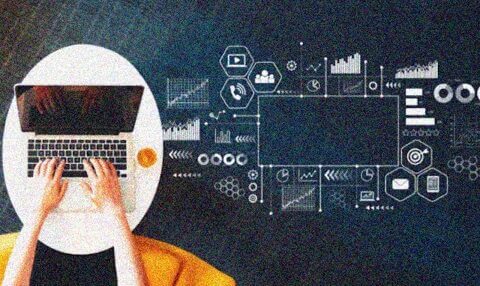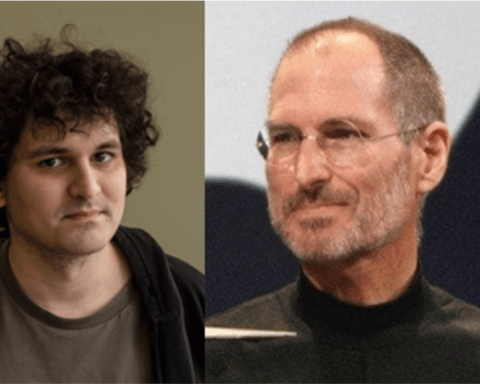The Covid pandemic created a lot of economic changes. Privileged employees who taunt their employers and claim they will never return to their office. Wages moved up because of a lack of talent. (“Talent” is human resource jargon for employees.) Members of the U.S. Congress made high-yielding stock purchases because of inside information, and now dare their constituents to try to make such inside information trades illegal while they waive their gains in the face of their electorates.
Some information before we continue. There is a public organization called the Federal Reserve System. No, wait, it is a private organization. No, wait, the Fed, as it is called, is, um, both. Owned by the banks (big ones, naturally) the Fed is a privately held public organization, and don’t you dare ask the names of those banks. After all, knowing the names of those banks would open to public scrutiny decisions about interest rates charged to the public, and we just can’t have that, now can we? After all, private organizations that have a vested interest in public policy deserve their privacy, now don’t they? If only they were on Facebook, then we could buy all of their personal information, but no, they have far too much money for that to happen.
Now that we have established the aforementioned information, let’s consider a few things. The executive office suspended payments (temporarily) of college loans by former students who think the government should pay for everything. The suspension of payment of college loans meant that a great deal of money would then be released into the economy. Meanwhile, the Fed did nothing. Because the pandemic slowed down the economy with closed businesses, the executive office (with some help by the U.S. Congress) issued payments to all citizens and gave a record $6 trillion to the public. Meanwhile, the Fed did nothing. Then, (as the midterm elections came closer) the executive office decided (a measure that has yet to be declared actually legal) that the former college students who owed billions were relieved of their financial burden, freeing up billions to be released into the economy. Meanwhile, the Fed did nothing. If you don’t see a pattern here, please reread this paragraph.
The economic definition of inflation is “too much money chasing too few goods.”
The economic definition of inflation is “too much money chasing too few goods.” It is the responsibility of the Fed to control the money supply, to control the amount of cash in the economy, and by such “monetary policy” keep inflation in check. For several years, the government poured trillions into the U.S. economy, with the Fed apparently playing golf at the country club, taking expensive vacations, or arranging elaborate dinners at The French Laundry, like California’s governor, to actually notice. Finally, someone at the Fed realized that all of the money dumped into the U.S. economy would cause prices to rise. We can’t have that, now, can we?
So in a blow like a baseball bat to the forehead of the U.S. economy, the Fed, in an unusually perceptive move, (perhaps the country club’s golf schedule was overbooked) decided on September 21, 2022, to raise interest rates by three-fourths of one percent. The result was, of course, a severe downturn in the U.S. economy. The securities markets went into a downward tailspin like a Boeing 747 with the engines locked in at maximum thrust. Billions (trillions?) of investments in stocks sank as investors large and small sold off like their doctors just told them the tumor was malignant and inoperable and they better enjoy what is left of their financial lives.
The day-traders who had made their first investments of a lifetime due to the generous gift of the government and squandered their unearned lavish allowance pulled their last pennies out of the markets and signed out of Robinhood for good. The Fed’s next blow to the economy is due in November of2022, if the damage already done is not enough to cool down an economy that should have been cooled down years before. Of course, the U.S. citizens who will sustain the most damage from Covid and the subsequent rate hike by the Fed aren’t the country-club players, the tourists on the cruise lines, or the diners at The French Laundry. The citizens who will suffer from the double-strike are the laborers who make the economy run. After all, someone has to do the grunt work of the economy, and if the Fed misses an opportunity to enhance the lives of a downtrodden proletariat, well, they aren’t accountable. The nice thing about our public/private Fed is that they never have to say they are sorry. Neither do the Fed’s unaccountable filthy-rich private owners.
What a deal.
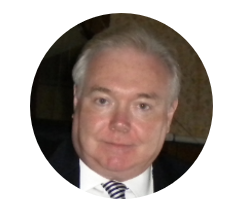
Jeffrey Neil Jackson is an
Educator & Literary Mercenary

